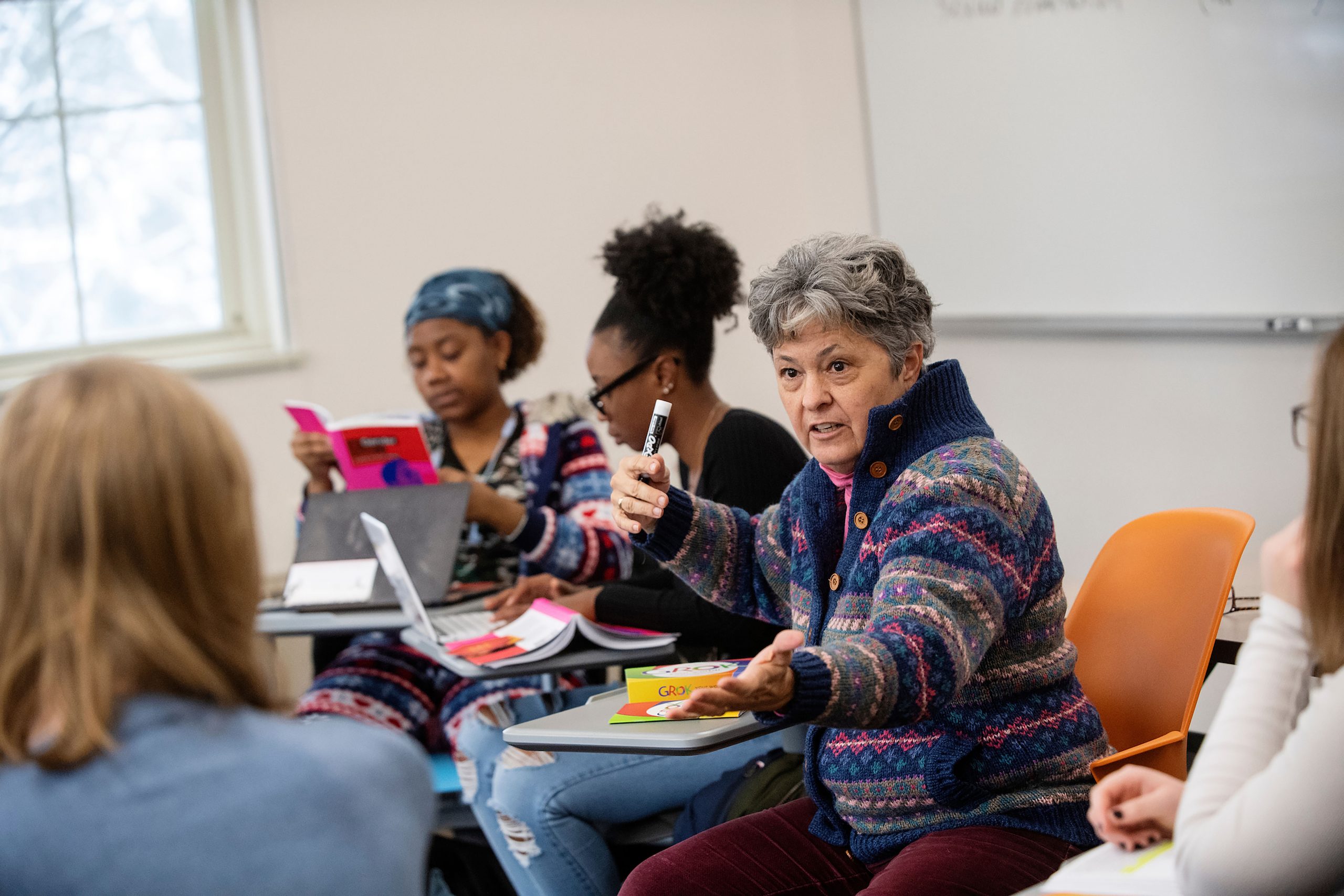Check Out @slusexed Instagram for a More Inclusive Sex Education
Conversations about sex and sexuality are often hushed, shut down and thought of as taboo, but, according to Assistant Professor Jessica Sierk at St. Lawrence University, discussing such topics in her course Gender 325 Sexuality and Education is a cathartic sense of relief for herself and her students. “It’s like a sense of common and reassurance that you’re not alone in this,” continued Professor Sierk, “ [and] there’s a lot of unlearning and undoing that needs to happen in order for people to precede with a healthy and happy sex and relationships and life.”
But why do we have to unlearn and undo? Why can’t sexual education be inherently inclusive and openly discussed? Professor Sierk pointed to the religious conservatism throughout the US and the deep rooted patriarchal nature of the country. “ I think back a lot to our Puritian roots in this country and I also think that we’re a very patriarchal society and all of those different forms of oppression really shut a lot of conversation down,” she stated.
Sierk further explained that patriarchal systems allow white, cisgendered, heteronormative and able bodied people to retain power over sex. “So, that trickles out into anybody who isn’t that kind of cis, het, white, able bodied person to not be able to make as many big decisions for themselves about sex and relationships,” she said. “I think that it really comes down to the systems of power and dominance in our country.” Sex is powerful because it helps us relate to one another, but it also can also be used as form of power and dominance over one another, stated Sierk. “The inequity that exists in our society just doesn’t want us to take back that empowerment when we’re not [in] those historically and current day status quo positions of power,” she continued.
In order to combat the patriarchal structures of society and promote open conversations, Sierk’s Gender 325 is split up in five units: Feminism and sex positivty, the LGBTQIA+ community, disability and mental health and sexual abuse. At the end of each unit students choose a topic that resonated with them and do further research. “They become the teachers at that stage and they get to decide what sources to use and how to present it and I give them feedback and they make changes before it actually gets posted on the Instagram,” Sierk further explained. Prior to the creation of the @slusexed Instagram account, students in Sierk’s class presented their research in Sykes and in person. So the transition to the Instagram account has proved beneficial amid the Covid-19 pandemic.
“For many of us, the sex education that we received in high school or middle school was limited or even nonexistent,” said Liv Erwich ’22. “This Instagram page can be a helpful tool to learn sex ed from a comprehensive perspective.” Information shared on the site pertains to STI’s, birth controls and concepts like gender and sexuality as well, Erwich stated.
Erwich also encouraged SLU students and other community members to follow @slusexed for information regarding a more inclusive sex education. “This page can help you learn more about yourself as well as educate others about topics they’ve had little contact with,” he stated, “so share away and learn more about sex ed!”



